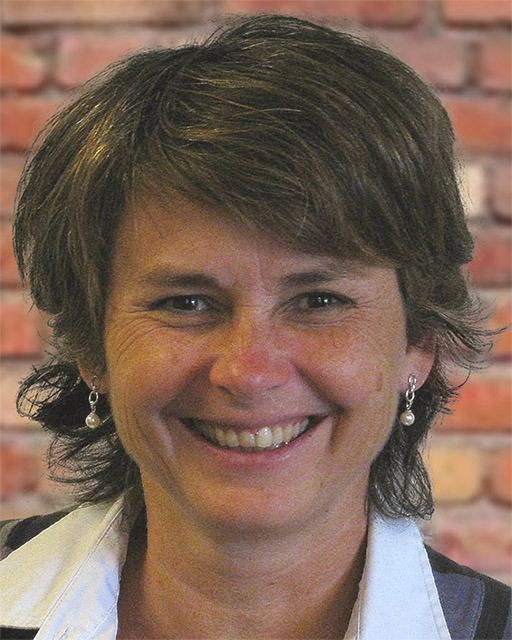Jessica Sinclair
Research Writer
When Dr. Clare Liddy had given her family medicine patient a full workup and tried a variety of approaches to her issue, it was clear she needed advice from an endocrinologist. She referred the patient to specialist Dr. Erin Keely but received a discouraging reply: “Please telephone the patient and let her know that this is very important, and she is going to be seen,” Dr. Liddy remembers as the gist of the response. “And by the way, the appointment will likely be in nine months’ time.”
It prompted Dr. Liddy, an associate professor in the Department of Family Medicine, to reflect on the way things are done in Ontario—surely there were other ways that primary care providers could access specialist advice in a timely way. She and Dr. Keely, a full professor in the Department of Medicine, along with Mr. Amir Afkham from the Champlain Local Health Integration Network and technology partners at Winchester District Memorial Hospital, began to develop an alternative called Champlain BASETM (Building Access to Specialists through eConsultation) eConsult service.
Today, more than a decade later, the Change Foundation has announced the service has won its Future Innovator Award – Cross-sector team, which was developed to recognize strong commitment to co-design, a vision for positive change, and the potential to make notable impact over the coming years in Ontario’s healthcare system. The Change Foundation is an independent health policy think tank that works to inform positive change in Ontario’s healthcare system. This award recognizes the work the team has done in collaboration with the Bruyère Research Institute in enabling eConsult in long-term care homes.
The basic concept of eConsult is that a secure, web-based portal can enable primary care providers to get rapid access to specialist advice from over 140 specialty groups. Questions are usually answered within a day or two, and the service often averts the need to send the patient for an in-person visit—a real boon for long-term care residents and patients in rural areas, in particular.
Though most questions are resolved with a single response, there is an option to keep the channel open. That can help a family doctor when, for example, they perform or order tests recommended by the specialist and could benefit from further help in interpreting the results. The interaction raises a family doctor’s competency as they receive education on their cases directly from specialists, sometimes in the form of educational videos on how to perform a certain procedure, such as a punch biopsy.
In early 2020, when COVID-19 was starting to emerge as a possible risk, the eConsult team put together a specialty group of Infection Prevention and Control (IPAC) doctors who agreed to provide advice on the subject. This particular group received ministerial permission to answer questions that might not be related to any one patient. Questions, perhaps, about best practices for infection control or the current guidelines for responses to an outbreak.
“The shutdown date when everything paused at the university was roughly around March 15, and we were up and running that week,” says Dr. Liddy. “Within the first week, IPAC became the fifth most popular specialty group that was used in Ontario, and the response rate for the COVID-19 questions is usually about a day.”
The project has grown by leaps and bounds in the decade since the initial proof-of-concept study. Dr. Liddy’s team has established partnerships with other provinces, leading to implementation and launch of the service in several jurisdictions including Newfoundland, Quebec, and Manitoba. It has also performed research in collaboration with patient partners, who can tell the team what outcomes are meaningful to their well-being. For example, a recent survey on waiting room experiences was transformed by crucial input from patient partners.
It is these patient partners who recommended that eConsult be nominated for the Change Foundation’s Future Innovator Awards, a fact that Liddy feels particularly proud of.
“The whole reason I’m doing the research is to try to improve health services delivery for patients, so it’s very much a full circle,” says Dr. Liddy. “My research is not successful if it doesn’t actually do that.”
Dr. Liddy is an Associate Professor and Interim Chair of the Department of Family Medicine, a clinical investigator at the C.T. Lamont Primary Health Care Research Centre as well as a senior researcher at the Bruyère Research Institute. She practices family medicine with the Ottawa Hospital Academic Family Health Team. Dr. Keely is a Full Professor in the Department of Medicine, an endocrinologist with The Ottawa Hospital, and a clinician researcher with the Ottawa Hospital Research Institute.

